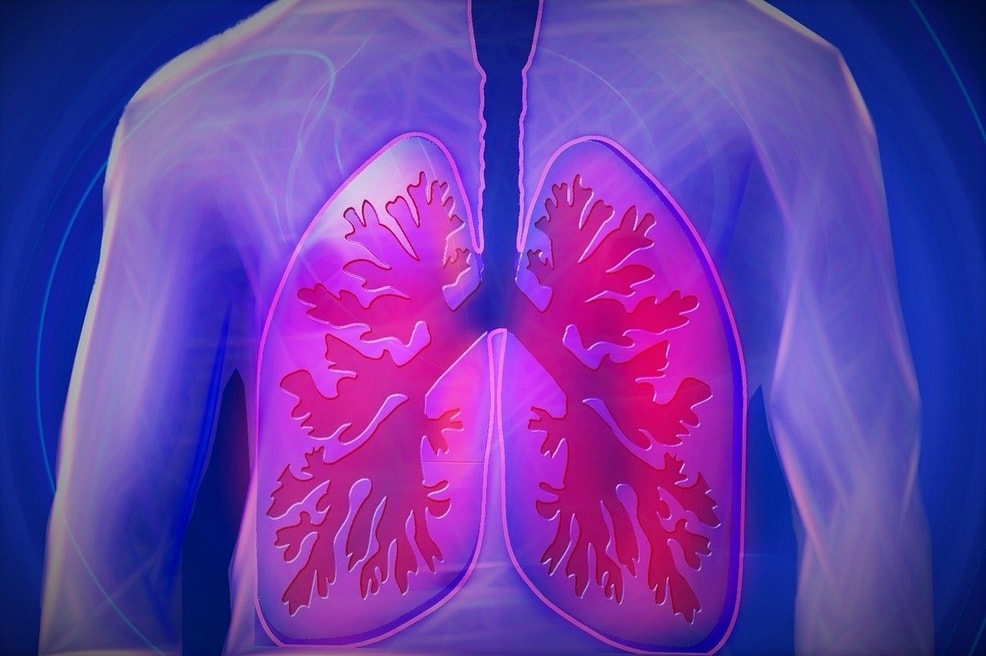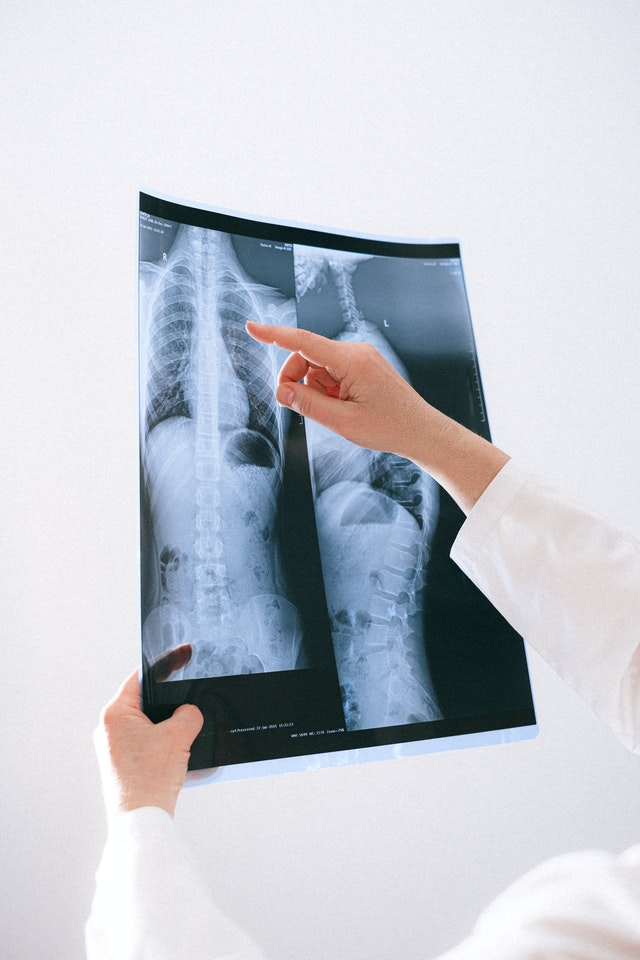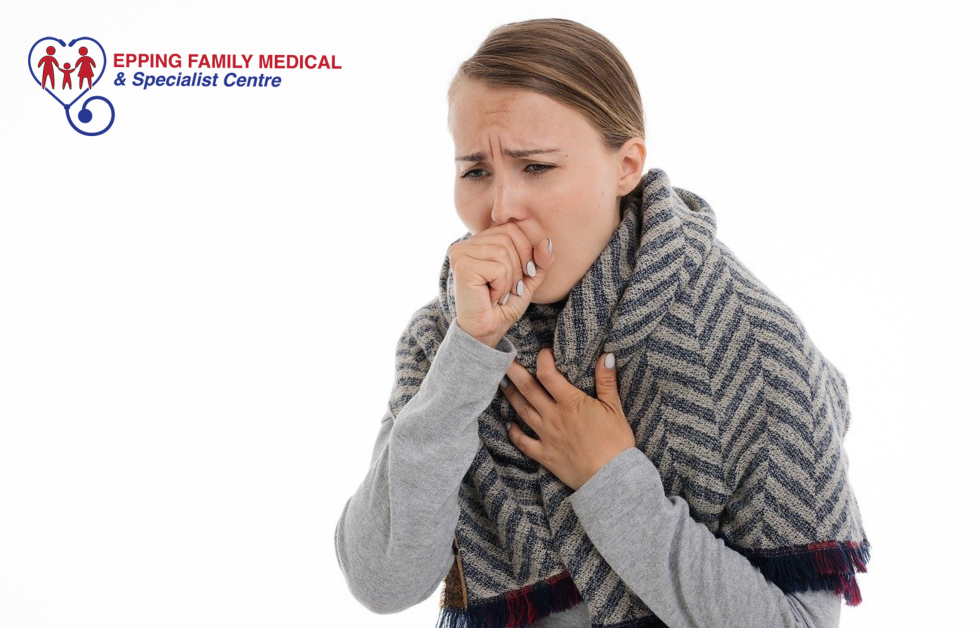Bronchiectasis is a chronic disease that can develop at any age. In most cases, symptoms begin gradually, usually after a respiratory infection that tends to worsen over the years. Find out more about what causes this lung disease and how you can reduce your risks from this condition.
According to the Lung Foundation Australia, Bronchiectasis occurs when the walls of the breathing tubes widen due to inflammation or an infection. It is also possible to be born with a medical condition that makes it more likely to develop as you age.
These inflammations, or flare-ups, can damage the lungs causing difficulty in breathing. Over time, the lungs become more scarred and inflamed. These persistent flare-ups not only cause damage to lung health but also cause other major health issues.
How Bronchiectasis affects our lung health?

The airways are made up of a series of branching tubes called bronchi. These tubes help the lung to pump oxygen into our body. The bronchi consist of a sticky substance called mucus that prevents dust, bacteria or anything harmful from getting into the airways.
However, over time, due to inflammation or an infection, the mucus builds up and starts blocking the airways making it difficult to breathe. This build-up can lead to more infection as it creates an ideal environment for bacteria growth.
Failing to seek medical help can result in permanent lung damage and the lungs may no longer be able to transfer oxygen throughout the body.
In Australia, most deaths due to this condition are because Bronchiectasis was the underlying cause. Smoking is a major cause of damage to the airways. Let’s review some other causes.
What causes Bronchiectasis?
Anything that causes damage to healthy lungs can lead to Bronchiectasis. For example, smoking tobacco or a lung infection. But, there are also medical conditions that can cause damage to the lungs or make lung infection more likely. These include:
- Pre-existing lung condition, such as Chronic Obstructive Pulmonary Disease (COPD)
- Chronic inflammatory diseases such as inflammatory bowel disease
- Chronically inhaling food or liquids into the lungs
- Disorders that affect the functioning of cilia
- Severe pneumonia infection
- Immune deficiency
- Whooping cough
- Asthma
- Fungal infection
- Airway blockade
Anyone diagnosed with these conditions is at a greater risk of developing Bronchiectasis.
How is Bronchiectasis diagnosed?
Should you develop symptoms such as persistent coughing, chest pain, wheezing or extreme tiredness, then it is important to immediately visit a Respiratory Physician.
Your physician will first ask questions about your family history and then follow it up with a physical examination. Depending upon the examination, further tests may be required to assist with your diagnosis. Here is a list of tests that your doctor may recommend:
- Blood tests – To rule out other underlying medical issues or to see if you have a low level of antibodies in your blood
- CT Scan – Provides precise images of your airways
- Chest X-ray – Provides a precise image of your heart and lungs
- Lung Function test – To determine how well the lungs are functioning and if there is any damage
- Bronchoscopy – This provides detailed images of the bronchi

Next Step: How to prevent Bronchiectasis
You may be advised to remain healthy and maintain a good diet (Learn how to manage Bronchiectasis through diet) to reduce your risk for Bronchiectasis. Apart from that, your doctor may advise:
- Being vaccinated for flu and pneumonia
- Children getting vaccinated for measles and whooping cough
- Quit smoking
- Maintaining good food hygiene
- Staying away from harmful substances such as smoke, dust and fumes
- Staying physically active and healthy
- Seeking treatment immediately for any lung disease
- Quickly treating any medical condition that can cause Bronchiectasis
And if you have the following symptoms, you must immediately visit a Respiratory Physician
- Trouble in breathing
- Signs of a respiratory infection such as persistent cough and sore throat
- Extreme tiredness
- Fever
Your Respiratory Physician at our Epping Medical Practice
Dr Hamna Sahi is our accredited Respiratory Physician based out of our Epping medical practice.
She has a special interest in treating and managing a wide range of respiratory diseases including Bronchiectasis and other lung diseases.
If you would like to make an appointment, give us a call at 03 8402 0400.






